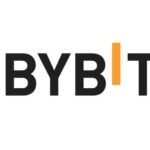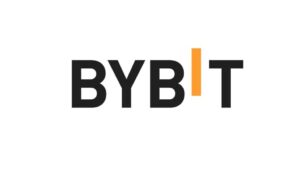Blockchain is a database that records transactions without needing a third party to confirm them. A peer-to-peer network distributes it, and cryptography protects it. Stuart Haber and W. Scott Stornetta first discussed blockchain technology in 1991 as a way to time-stamp digital data without allowing them to be altered or changed in the future. Later, they enhanced the process by employing Merkle trees to store more documents on a single block. In 2008, Satoshi Nakamoto introduced the term “blockchain” to refer to the ledger that records Bitcoin transactions. Blockchain has developed over the last decade into one of today’s most comprehensive ground-breaking technologies, potentially impacting every industry from financial to manufacturing to educational institutions. Here are five predictions on the next big thing in blockchain.
What are 5 Predictions for the Next Big Thing in Blockchain
Blockchain Data Sharing Comes into Focus
Blockchain data-sharing system structures will give users more control over their data ownership. People will begin to ‘own’ their data and power who has access to it. First impacted will be the financial and healthcare sectors will be first affected, but these new structures could also significantly impact advertising and social media.
Emerging Technologies disrupt the industry
A new generation of the web is being created due to emerging technologies like blockchain, esports, and simulation that are upending established businesses and bringing about future-focused innovation. The rate, complexity, and volume of data are increasing exponentially due to these technologies, making the need for analytics, AI, and machine learning, to help make sense of it. They present possibilities for reimagining sophisticated problem-solving techniques and ultimately scaling human perception and judgment.
Blockchain in Government Agencies
Distributed ledger technology presents many value-based advantages for government authorities. One of the biggest problems for government agencies is evident in the necessity for the administration of massive data volumes. Blockchain technologies could facilitate better and more innovative approaches to data management, which could boost the productivity of government agencies.
Decentralized Architectures and Ecosystems
Despite the cryptocurrency market’s volatility, blockchain technology and digital assets continue to have corporate uses. As Web3-enabled “trustless ecosystems” powered by blockchain develop, they become increasingly crucial for creating and monetizing digital assets.
Blockchain and AI Integration
Integrating AI and blockchain technology may create new opportunities for developing software to support cutting-edge use cases. The International Data Corporation estimates that by 2023, global spending on AI will be close to $57.6 billion. Over 50% of organizations are anticipated to implement AI through blockchain integration simultaneously.
Conclusion
The comprehensive analysis of blockchain prediction shows that innovation will dominate the blockchain landscape. Integrating blockchain with AI is one of the most important predictions for the future of the blockchain industry. Additionally, including blockchain technology in social media networks could indicate favorable developments in 2023.




























